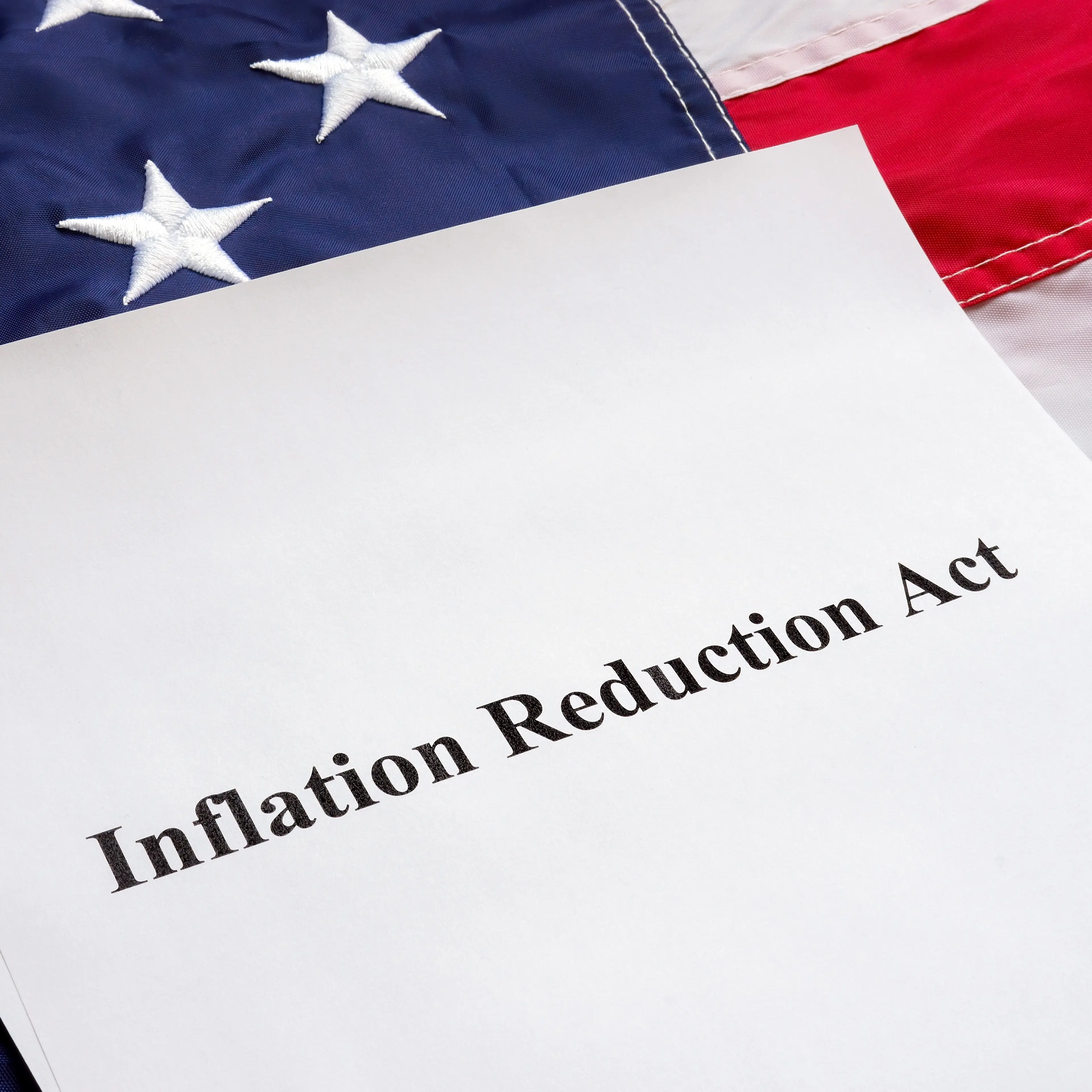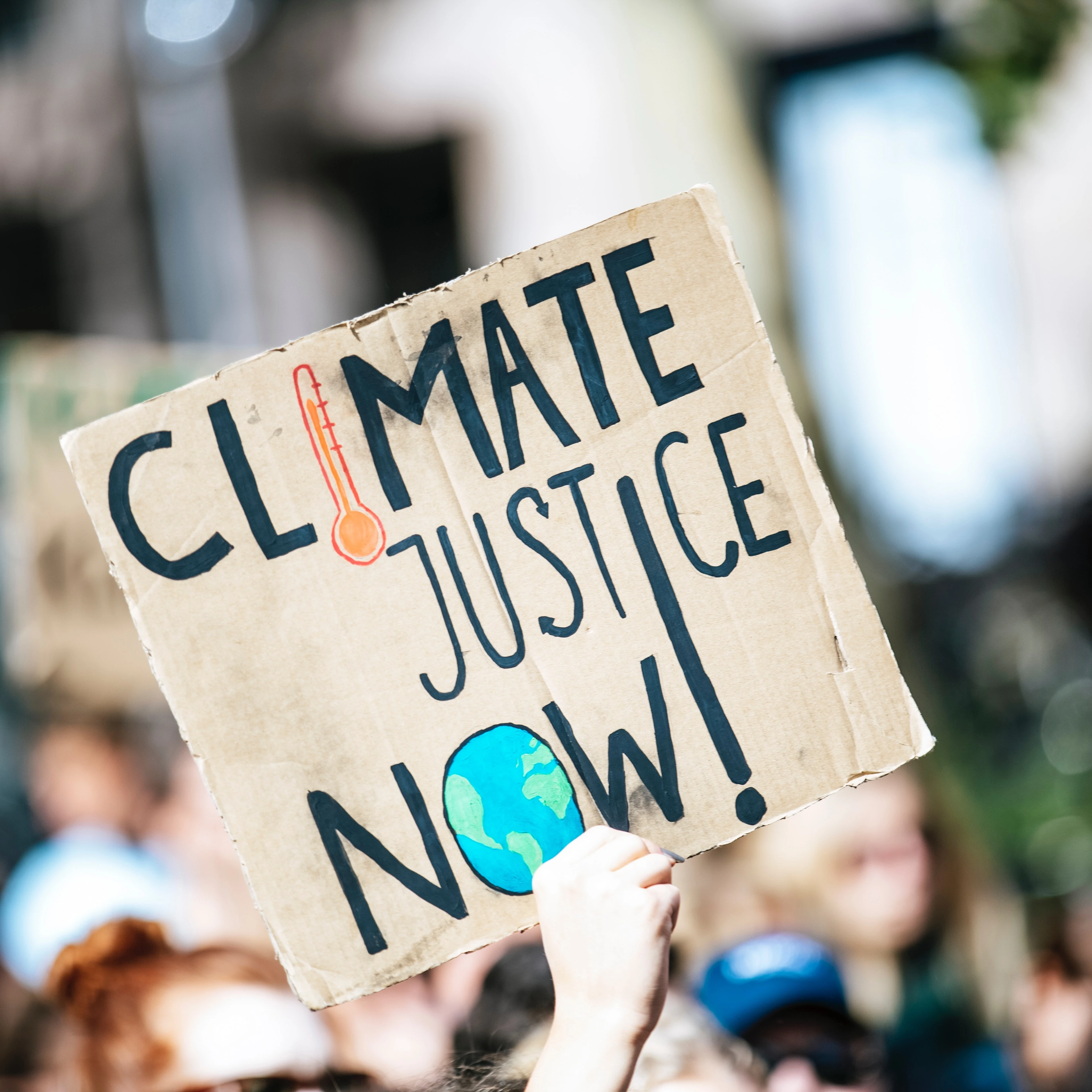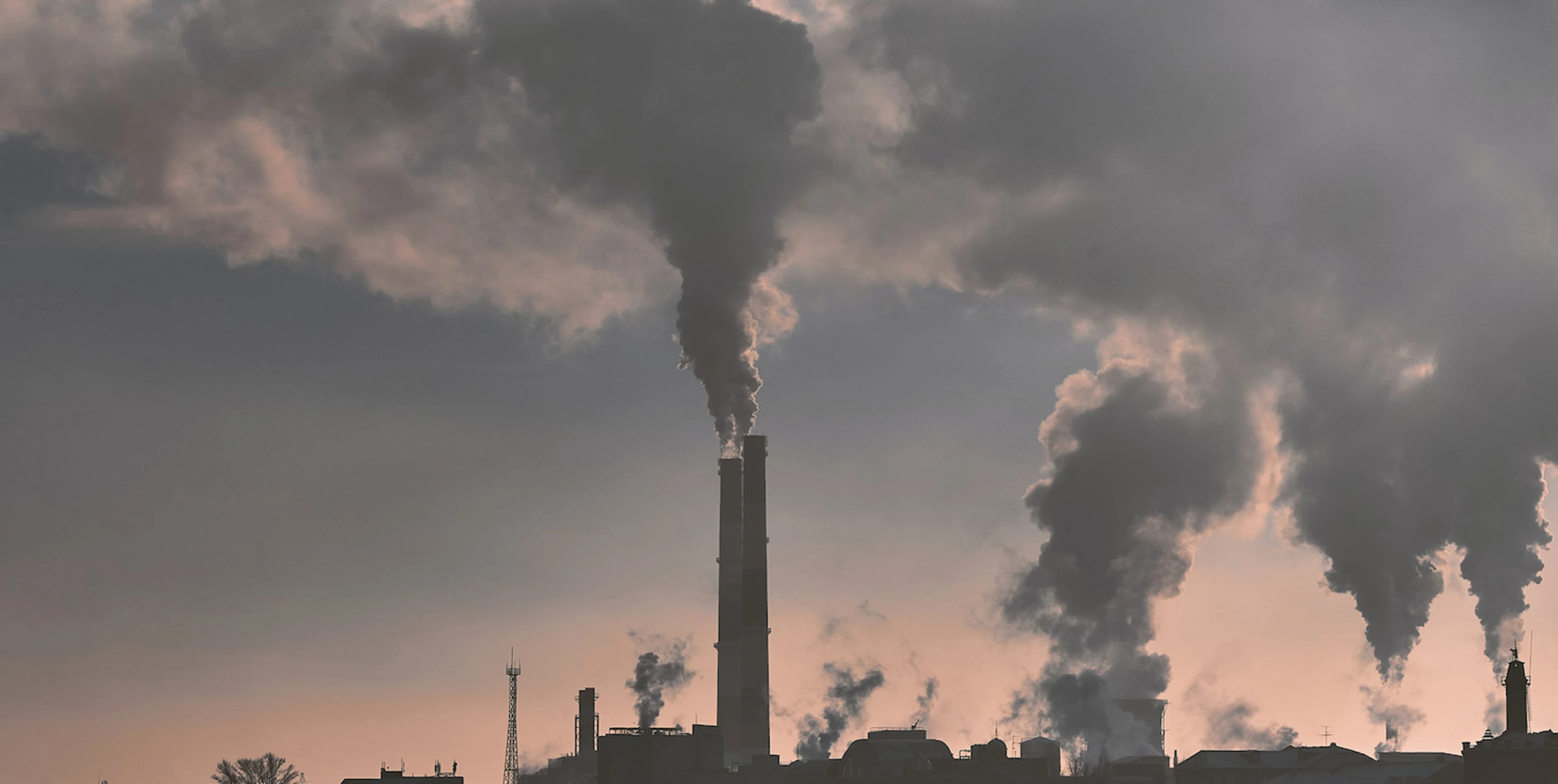In the year since the last UN climate conference, we’ve seen global events that no world leader could have predicted. Amidst the tumult – war, famine, drought and floods – there are reasons to be positive, though. With steps in the right direction at both the national and international level, here are some of the highlights…
Updated NDCs
Nationally Determined Contributions, or NDCs, are a key gauge of COP participants’ intentions to reduce greenhouse gas emissions. Nearly 200 countries agreed to update their pledges by this year’s summit, and while only a handful have done so, these include India, one of the world’s biggest polluters, while Australia made a historic move in June by passing its first climate legislation in a decade – committing to cut emissions to 43% below 2005 levels by 2030.
The US Inflation Reduction Act
Perhaps the largest piece of climate legislation in US history was signed into law in August this year, bringing with it the promise of a $369 billion investment in climate solutions – and putting the nation on track to meeting its emissions reduction commitments.
EU renewable energy target hikes
Back in May, EU officials drew up a plan to massively increase reliance on solar and wind power, aiming for 45% of the bloc’s energy to come from renewables by 2030. The EU has also fast-tracked several climate policies ahead of COP27, a prime example of how the annual meeting can act as a catalyst for governments to take action fast.
Independent “loss and damage” pledges
While COP is a vital prompt for united action on climate change, reaching a consensus on pricklier issues can be a lengthy process. While the broader debate on loss and damage funding rumbles on, several countries took matters into their own hands this year: Denmark became the first central government to set aside funds for compensation, followed by Scotland’s promise to distribute a total of £7m via its climate justice fund.
COP27 explainer: the whats, whys and wherefores















